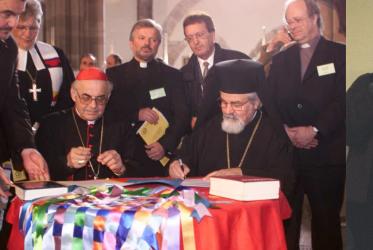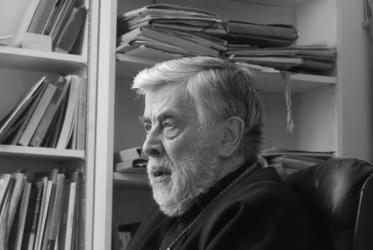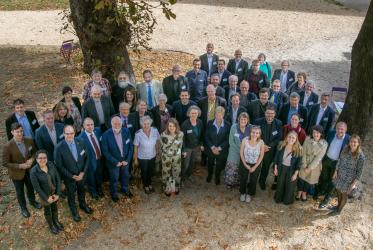Displaying 1 - 20 of 24
06 December 2023
Catholic-Lutheran dialogue yields fruits for reflection
02 August 2018
Religion: Way of war or path to peace?
30 June 2016
La religion: chemin de la guerre ou voie de la paix?
30 June 2016
Latvia celebrates Week of Prayer for Christian Unity
21 January 2016
WCC Executive Committee works toward a future of peace and justice
19 November 2015
Le Comité exécutif œuvre pour un avenir de paix et de justice
19 November 2015











